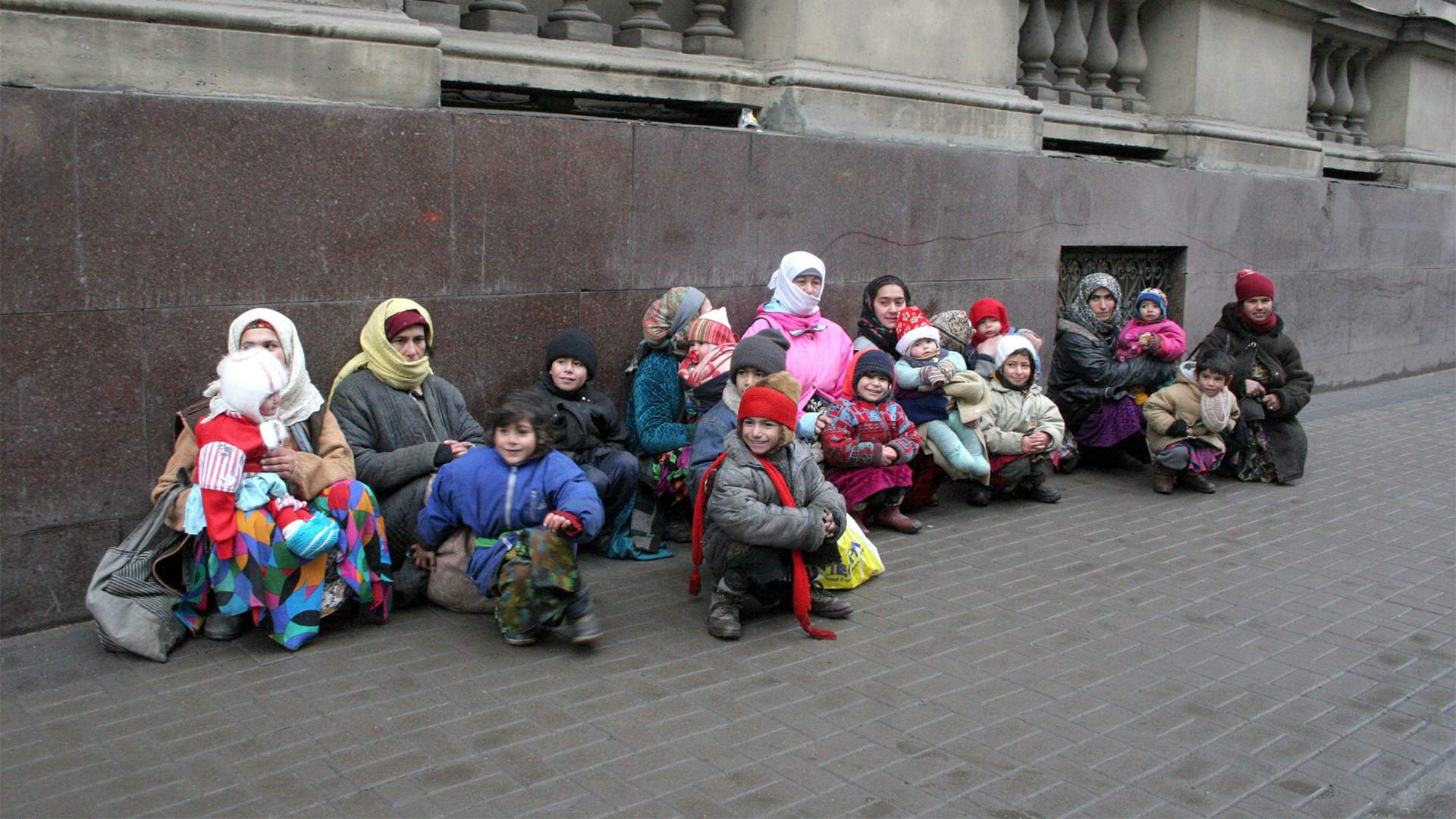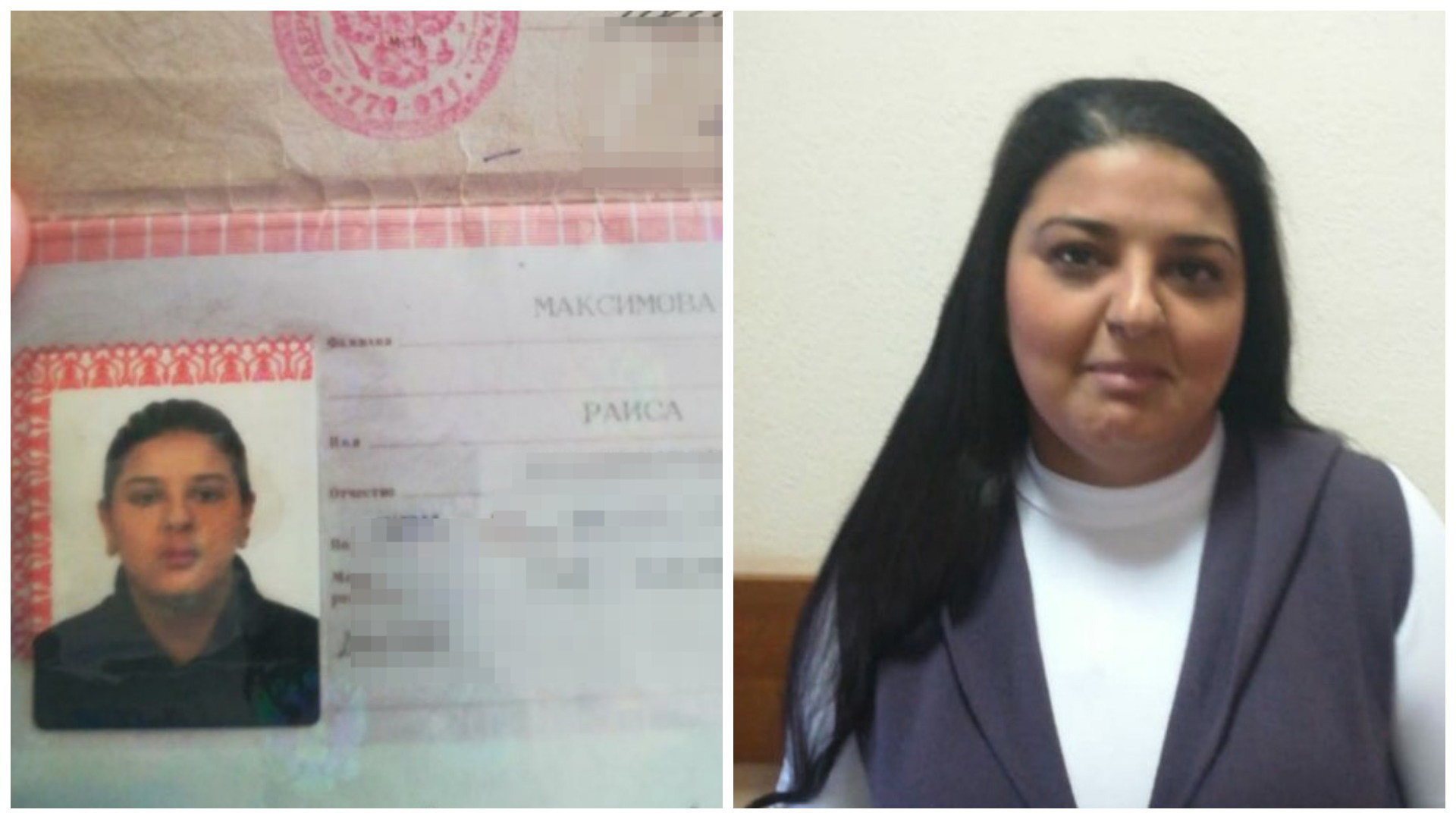Exit with a Gypsy: How children in a tabor are forced to commit crimes

Roma ethnic crime, which has historically had a strong position in Russia's criminal world, continues to be a headache for society and law enforcement officials. Since the beginning of the year alone, police have uncovered several groups engaged in social benefit fraud and a network of pickpockets in the capital's subway system. Roma criminality is characterized by the involvement of minors in criminal activity. But the younger generation of Roma, under the influence of their peers, is not always eager to live by the "laws of the tabor". Details are in the Izvestiya article.
Pocket craft
Detectives of the Department of Internal Affairs on the Moscow subway with the forceful support of the Rosgvardeys and BSTM specialists detained members of an organized crime group consisting of representatives of the Roma ethnicity. The group had been under surveillance for almost a year, and 12 people were immediately under investigation. They were detained at various addresses in Moscow, the Moscow region of Dedovsk, the Orekhovo-Zuyevsky district of the Moscow region, and in Tver. The investigation materials include a 15-year-old teenage girl and a minor brother and sister, aged 17 and 13 respectively. Not all children are subject to criminal liability due to their age, but their "mentors" may be additionally incriminated with an article for the involvement of minors in criminal activity. According to the investigation, the members of the group are involved in numerous thefts of citizens' property and the sale of stolen goods.

- Pocket theft by Roma thieves is not always committed individually; as a rule, a girl or a minor pulls the purse, while a male accomplice stands aside. His task is to choose the right moment to 'strike' when no one is looking," a former employee of a specialized division of the security service told Izvestia. - In addition, men are responsible for the realization of stolen valuables and the distribution of income between accomplices. The so-called barons occupy the highest level in the hierarchy of Roma groups. According to the traditions of a closed ethnic community, no one has the right to denounce other accomplices, and especially not the baron. This is always the difficulty in proving group crimes in Roma OCGs.
As Izvestia found out, among the accused is 35-year-old Raisa M., who has previously been repeatedly prosecuted for pickpocketing. Her relative 23-year-old Ravina M. is also detained - she is also well known to the capital's police officers from past cases.
- They work in crowded places - supermarkets, shopping centers - they prefer districts of the Central Administrative District, where respectable citizens rest and go shopping. It should be understood that from a young age they are forced to do this by their elders in the family, and it is difficult to scare these women out of prison.
According to him, pickpocket women pass on their experience to their children - first they are forced to beg, and then to get into other people's pockets.
A trick with age
As the former operative admits, another difficulty is determining the age of the criminal.

- Roma communities often have a large list of birth certificates, and not everyone is in a hurry to get passports. When a thief is arrested, a relative often shows up with a document stating that the detainee is under the age of criminal responsibility. It happens that the investigation has to conduct research and expertise to establish the age of the person involved in the investigation in order to avoid illegal prosecution. But very often everything ends up with the placement of the teenager in the Center for Temporary Detention of Juvenile Offenders (TDCJ). Two hours and he is out on the street.
According to lawyer Anastasia Fedyunina, Article 196 of the RF Criminal Procedural Code defines a list of grounds for the mandatory appointment of a forensic examination. There are five of them in total: to establish the cause of death; the nature and degree of harm caused to health; the mental or physical condition or age of the suspect, accused or victim.
- Since an expert's opinion, due to its objective nature, is one of the most important evidences in criminal proceedings, the list of grounds for the appointment of a forensic examination in law enforcement practice is steadily expanding. When determining the age of the accused (suspect), it should be taken into account that a person is considered to have reached that age not on the day of birth, but after the expiration of the day on which that day falls, i.e. from zero o'clock of the next day.
She draws attention to the fact that when establishing a person's age by forensic medical examination, the day of his birth is considered to be the last day of the year determined by the experts, and when establishing the age calculated by the number of years, the investigator and the court should proceed from the minimum age of such a person proposed by the experts.
"Izvestia" has previously written about the mechanisms by which representatives of Roma criminal groups obtain numerous documents and obtain benefits and payments based on fictitious documents. In particular, several members of the Ogly Roma community are being tried in a multi-episode criminal case of benefit fraud in Khabarovsk Krai.
Education by fire
A peculiarity of the Roma and some other communities is that they are closed. From diapers, children are told of the need to abide by an unwritten code of rules for "bearers of Roma blood." These include a ban on relationships and marriages outside the community, and unconditional obedience to elders, even if their instructions contradict the law and generally accepted norms of morality. In many such ethnic groups, it is considered unacceptable for members to integrate into the "outside" society.
However, violations against members of the tabor are punished quite severely, regardless of their age. For example, a 12-year-old Roma girl became a heroine of the news after she was removed from a family in which her mother and stepfather abused her for allegedly stealing a bank card. The parents told law enforcement that the child had ordered things on a marketplace without asking. According to another version, the girl was forced to beg on the street, and she resisted. Now she is in the Speransky Children's Hospital. Medics found multiple burns on her body from a red-hot metal object (presumably a wrench for 19) - the child was burned on the lower back, forearms, palms, soles of the feet. The police learned about the crime from the sales clerk, to whom the girl complained. It turned out that the mother and stepfather have six other dependent children.
Intergenerational conflict
Conflicts between generations within closed ethnic groups are fairly typical, said clinical psychologist and destructologist Elena Zamyshevskaya. The Roma are by no means the only people with closed traditions and a rigid hierarchy, the expert notes. In her opinion, it is understandable and natural that the younger generation does not want to follow the path of their elders.
- They often spend more time outside the family - at school, going out to work. There they see completely different scenarios. And when they return home and are forced to do something that does not fit in with the socialization system, there is a conflict of interest. At best, this disagreement becomes an ordinary intra-family conflict. At worst, it has consequences for the life and health of young people.
According to Zamyshevskaya, the issue of socialization of such closed ethnic communities is insoluble, as the preservation of customs, albeit archaic and even illegal, is for them "the only way to continue the existence of their people, so that the traditions always remain unchanged, without any amendments for the time, transformation to modern realities".
As for the safety of children, crimes against minors in closed ethnic groups are usually latent.
- I dare to suggest that we don't even know half of how girls are frightened there. I emphasize, especially girls. Boys have more privilege there. It is no coincidence that girls are more likely to escape from such family captivity. And then their relatives are looking for them," the psychologist emphasizes.
Переведено сервисом «Яндекс Переводчик»




